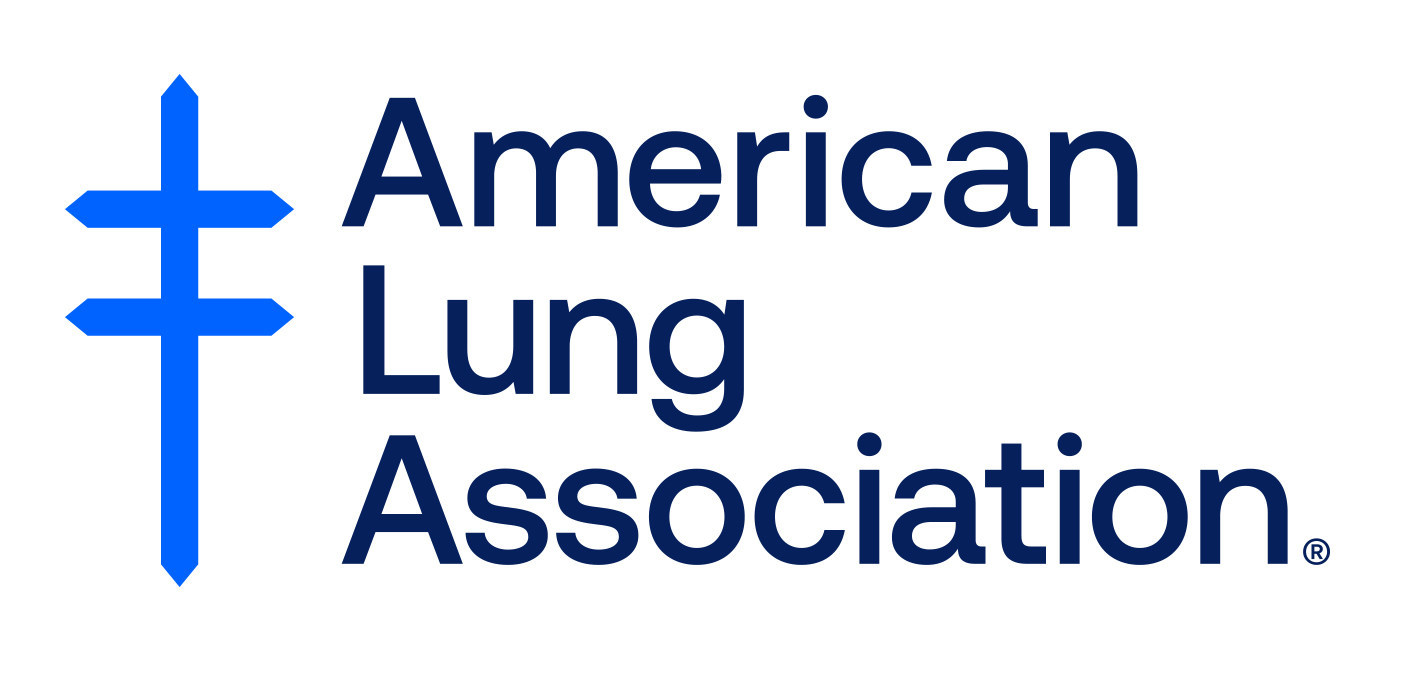
The planned imposition of tariffs on Canadian goods did not materialize, after Prime Minister Justin Trudeau announced Monday that U.S. President Donald Trump would hold off on levying tariffs for at least 30 days.
The news came as industries and everyday Albertans were bracing for impact, and as analysts cautioned about a challenging road ahead. Given the temporary nature of the reprieve, those same concerns — possible slowing demand and reduced investment, a reduction in the province's GDP and rising unemployment — will still be on the radar in 30 days, should further fences not be mended between the two nations. Prior to the pause, Trump had promised a 25 per cent tariff on virtually all Canadian goods and a tariff on Canadian oil set at 10 per cent .

Adam Legge, president of the Business Council of Alberta, said while a lower tariff on energy exports was preferable to the 25 per cent levy, it would still pose a challenge to Alberta. And though much of the conversation in the province in recent days has revolved around impacts of the tariffs on the energy industry, Alberta's farms, factories and plants would also be in trouble if disagreements continue. The United States is Alberta's biggest trading partner, by far, across industries.
Trump to pause promised tariffs for 30 days after speaking with Trudeau Businesses in the province that are large exporters to the U.S., including those in the agricultural, manufacturing and petrochemical sectors, would still be hit with "crippling" 25 per cent tariffs, Legge said.
Adam Legge, president of the Business Council of Alberta, says exports from Alberta being subject to tariffs could lead to job losses and reduced investment in the province. (Kyle Bakx/CBC) "Our overall concern is that that will slow demand in the United States for all of those products, and that will result in companies scaling back in terms of hiring and jobs and also any investment," he said. "The long-term fear is if this is prolonged, that could be really damaging to the economy, could risk the viability of these companies.
And it may also have companies looking to leave Canada and set up shop in the U.S. to avoid these tariffs.
" GDP and unemployment expected to be impacted In a note published Monday, analysts with BMO Capital Markets Economic Research wrote that Canada's oil-producing provinces, including Alberta and Saskatchewan, would be most exposed to the tariffs due to their energy exports. Here are all the ways Canada is striking back against Trump's tariffs However, the analysts expected that Alberta's economy would be less affected in the short term than provinces like Ontario. That's because the 10 per cent tariffs on oil would be unlikely to significantly reduce demand for Alberta's oil exports, according to Sal Guatieri, a senior economist and director at BMO Capital Markets.
"We think the Alberta economy will slow this year, just not as much as other provinces," Guatieri said in an interview. Analysts with BMO expect Alberta's real gross domestic product under tariffs would likely slow from a moderate rate to a modest rate, but would still be expected to lead the nation. Alberta's unemployment rate would peak at almost eight per cent in the final quarter of this year, Guatieri said, increasing from around seven per cent today.
Should tariffs stay in place for a significant period, one Calgary-based economist shares BMO's analysis tied to a possible increase in unemployment. "We could easily see the unemployment rate reaching the mid-sevens and maybe — depending on the other dynamics in the economy — we could go closer to eight [per cent]," said Charles St-Arnaud, chief economist with Alberta Central, which represents the province's credit unions. Alberta's reliance on oil prices a critical factor That said, St-Arnaud isn't so sure that Alberta would be safer from tariff impacts despite the lower levy on energy exports, due to the provincial budget's ongoing reliance on strong oil prices.
Alberta's provincial budget forecasts the average WTI (West Texas Intermediate, the North American benchmark oil price) at $74 US per barrel, according to its most recent fiscal update . "Even though the actual tariffs might be lower, because the province's economy is so linked with exports to the U.S.
, it will still be a big shock," said St-Arnaud. "We export about a third of our GDP to the U.S.
every year, so that'll be some big spillover, generally, on the economy." Crude oil imports from Canada have become increasingly important to U.S.
oil refineries, and according to the U.S. Energy Information Administration, makes up the most of U.
S. imports. Last year, nearly all of Canada's oil exports went to the United States, with about 87 per cent of that coming from Alberta, according to figures from the Canada Energy Regulator.
Alberta is also the largest source of crude oil shipped to the U.S., exporting over $10 billion in energy products south of the border in November 2024 alone, according to the most up-to-date provincial government data .
St-Arnaud also suggests that tariff threats are already widening the price differential between WTI prices and Western Canada Select (WCS), which is Canadian oilsands crude. "That means that Canadian producers might actually be paying [for] the tariffs, not U.S.
consumers," he said, adding there could be a more indirect shock on the oil sector in terms of lower revenues and less investment in the sector, depending on how long tariffs last. "That kind of removes a bit of the incentive, or the point that Canada has, that U.S.
consumers will be the most affected by the tariffs." Mind the gap: Why Trump's tariffs could blow out the WCS and WTI differential Deborah Yedlin, president and CEO of the Calgary Chamber of Commerce, also believes that U.S.
-imposed tariffs would continue to widen the price spread between WTI and WCS. "That means that what we net from a U.S.
dollar perspective for a barrel will be lower," Yedlin told CBC Radio's the Calgary Eyeopener on Monday. "But, with the dollar trading at lows that we haven't seen since 2003, we do get an uplift on the exchange rate..
.. And, let's be honest, we've actually hidden behind that weaker dollar and ridden on the uplift from the currency exchange for a long time.
" Charles St-Arnaud, chief economist at Alberta Central, suggests tariffs will have an impact on the price spread between WTI and WCS. (Kyle Bakx/CBC) Tariffs on oil would be paid by U.S.
refineries and importers. While St-Arnaud believes finding a non-Canadian alternative for that oil would be difficult for U.S.
refineries, he also suggests levies would place pressure on the price Canadian producers can fetch for their energy exports. Although tariffs might not have a direct impact on the amount of oilsands crude Alberta produces — for now — the economist speculates the consequences of even 10 per cent would have major repercussions for revenues in the long term. 'Hopeful that common sense prevails' As record population growth continues to put pressure on Alberta's housing market, some are concerned tariffs could push home ownership further away from being attainable.
Scott Fash is the CEO of the Building Industry and Land Development Association Alberta (BILD Alberta), an advocacy organization representing developers, builders and other home construction industry members. Fash says these tariffs could impact nearly every component of building a home, as the Canada-U.S.
supply chain for residential construction materials is heavily integrated. "Specifically, if we're looking at the U.S.
, it's wood, it's glass products, it's major clients, it's hardware, ceramic tiles," he said. "A lot of what goes into a home will be directly impacted either by the tariffs imposed by the U.S.
or the countervailing tariffs that Canada would look to institute in response." The Trump tariffs could impact nearly every component of building a home, said the CEO of the Building Industry and Land Development Association Alberta. (Todd Korol/Reuters) Fash believes the tariff announcement is causing hesitancy and uncertainty in the sector, for developers, builders and prospective residential buyers.
A slowdown in Canada's economy, he says, would result in fewer people who would either be interested in, or able to, purchase a new home, which he believes would have a material impact on the amount of new construction starts. Beef sector caught in the crossfire of Trump tariff threats "We're all hopeful that common sense prevails here," said Fash. "Really, there's nobody who's going to benefit from exceedingly higher house prices or significantly less housing being built.
" Manufacturing, agriculture, petrochemicals In the view of Legge, the president of the Business Council of Alberta, the sectors that would be most immediately affected would be Alberta's manufacturing, agriculture and petrochemical sectors — sectors that are heavily reliant on the U.S. as a major customer.
Indeed, many of the council's members were already saying they were seeing reduced orders as the threat of tariffs loomed, according to Legge. It's difficult to move those facilities or operations into the U.S.
because companies can't necessarily move the resource, and given the fact that they have established infrastructure in Alberta already. "Americans do need our oil and gas. Their refineries of Canadian heavy crude is really very specialized, so I do think there's some insulation and protection on the energy sector," he said.
"But in the more immediate term, I'm already hearing from members in those sectors that they're being hit from an order standpoint to demand standpoint already.".










